Fats to have in your kitchen
As I have always stated it’s unfortunate that the same word is used for an essential macro-nutrient as a state of being overweight. This gives rise to fear around foods that contain fat and has contributing to the demonisation of fat over the past 70 years…allowing sugar to glide in as the dietary ‘safer’ option….(eye roll)
The demonisation of fat which began in the early 1950’s was based on poor science, but it stuck, and we are now living with the health consequences of that science and subsequent attitude towards fat. In my experience working with clients over the years it’s paramount to unravel the attachment most of us have towards fat, one which has meant it’s off limits if you want to chase fat loss. Also layer over the top, most of us think that losing weight is only about creating a calorie deficient - this is not true.
It’s my job to cut out the bullshit for you, so here is the all-important things to know about fat.
Fat is the element in food or cooking that will add the all-important mouth-feel and flavour. If you’ve ever had a well-cooked (and I don’t mean well done) rump steak or sirloin it’s actually the fat content around the edge of the steak that gives it it’s distinctive deliciousness. I actually cooked lunch for my business partners yesterday - one of the items was steak which had a decent layer of fat around the edge - I stood the steak up on their edge to render the fat but to also allow some of the fat to lubricate the pan, hence when the time came to turn the steak on to it’s side, it’s cooking in it’s own fat, which equals flavour. For decades fat has been removed from supermarket products to comply with the low-fat fad but this dramatically alters the flavour and mouthful. This is typically replaced by crap which has little to no health benefits.
So when you’re shopping don’t be put off by the fatty lamb cutlet, or lamb shoulder and don’t be deterred from osso bucco, or cheeks because of the fat content. Having said that there are some fats to be avoided. Industrialised seed oils really aren’t great for our physiological - and we have seen a huge rise in these in the last 70 years. Oils such as canola, soy bean oil, vegetable, sunflower and safflower are high in omega 6 (which is essential to our diet and healthful in the ideal consumption) which are highly reactive and can become rancid quickly. Bottomline, over consumption of high omega 6 oils can lead to free radicals leading to cell disruption.
Sadly those oils are rampant in packaged and processed foods making the western diet an omega 6 minefield. Disproportionate amounts of omega 6 in the diet essentially throws more fuel on the fire when it comes to disease in the Western world. In nature the ratio of omega 6 to omega 3 is around 2:1 in contrast to as high as 14:1 in the western diet - which is another convincing argument for going all-natural nutrition.
Cooking is something I do several times a day and to ensure it’s as time efficient and enjoyable as possible there are a number of items which are staples in my kitchen - some of them are fats! Without getting too chefy, having a few different oils in the pantry or next to the stove top help to create nuances with your dishes. Also some dishes just lend themselves better to one particular oil over another.
Below is a list of fats which have healthful properties and dishes that they generally suit.
Olive oil - Bolognese, pan-fried veggies, fried egg
Tallow - roasted vegetables, roast beef
Lard - roasted potatoes, roast pork
Coconut oil - green curry, stir fry
Ghee - roasted veggies, butter chicken,
Butter, Pan fried barramundi, buttery greens, scrambled eggs.
I consistently have coconut oil, butter and olive oil and the others come and go but those three are my go-to’s. I’m also a fan of combining two fats for optimal flavour and mouth-feel. For example I’ll cook a steak or a piece of white fish first in olive oil and by the time I come to flipping the protein over I’ll add 1 tbs of butter (perhaps some thyme and crushed garlic too). Adding it late in the cook time avoids the butter burning and yet adds a rich nuttiness to the meal.
Will eating fat make me fat?
Simply answer - No!
As a macronutrient carbohydrates are more likely to facilitate fat accumulation due to its impact on hormones, predominantly insulin and the dis-regulation of your appetite hormones - ghrelin and leptin. Eating fat doesn’t equate to being fat. So don’t be afraid of adding some healthful fat to your cooking, it’s important for general well-being and makes your food taste delicious.
I’d recommend having 30% of your daily calories coming from fat just as a baseline for healthy hormone function and cell wall integrity.
The caveat here is that a consistent calorie surplus from ANY macro-nutrient will lead to fat accumulation but hands down this can occur even without over-consumption when consuming carbohydrates.
Scott.


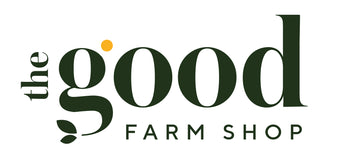
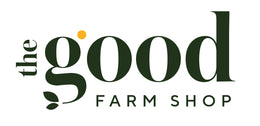
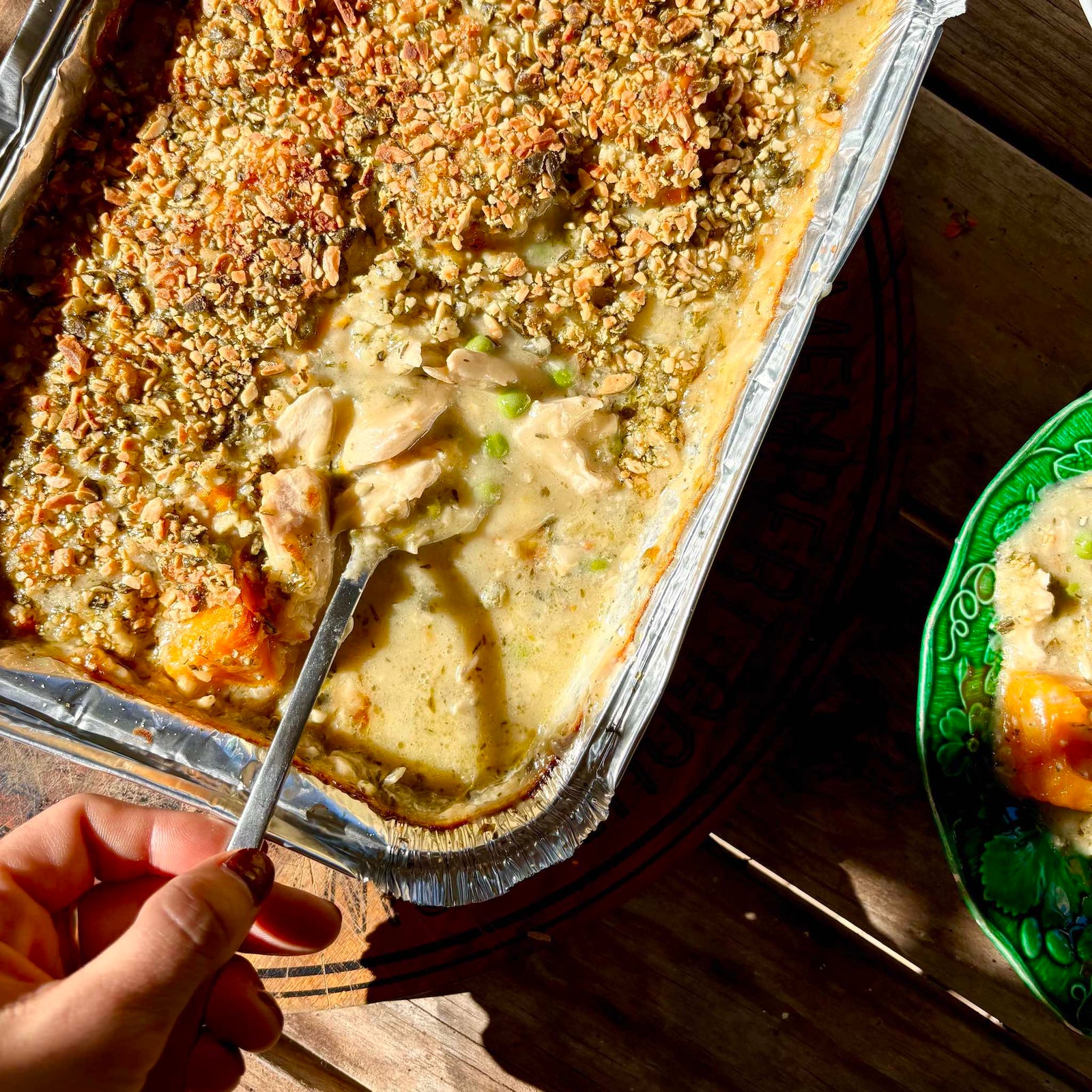
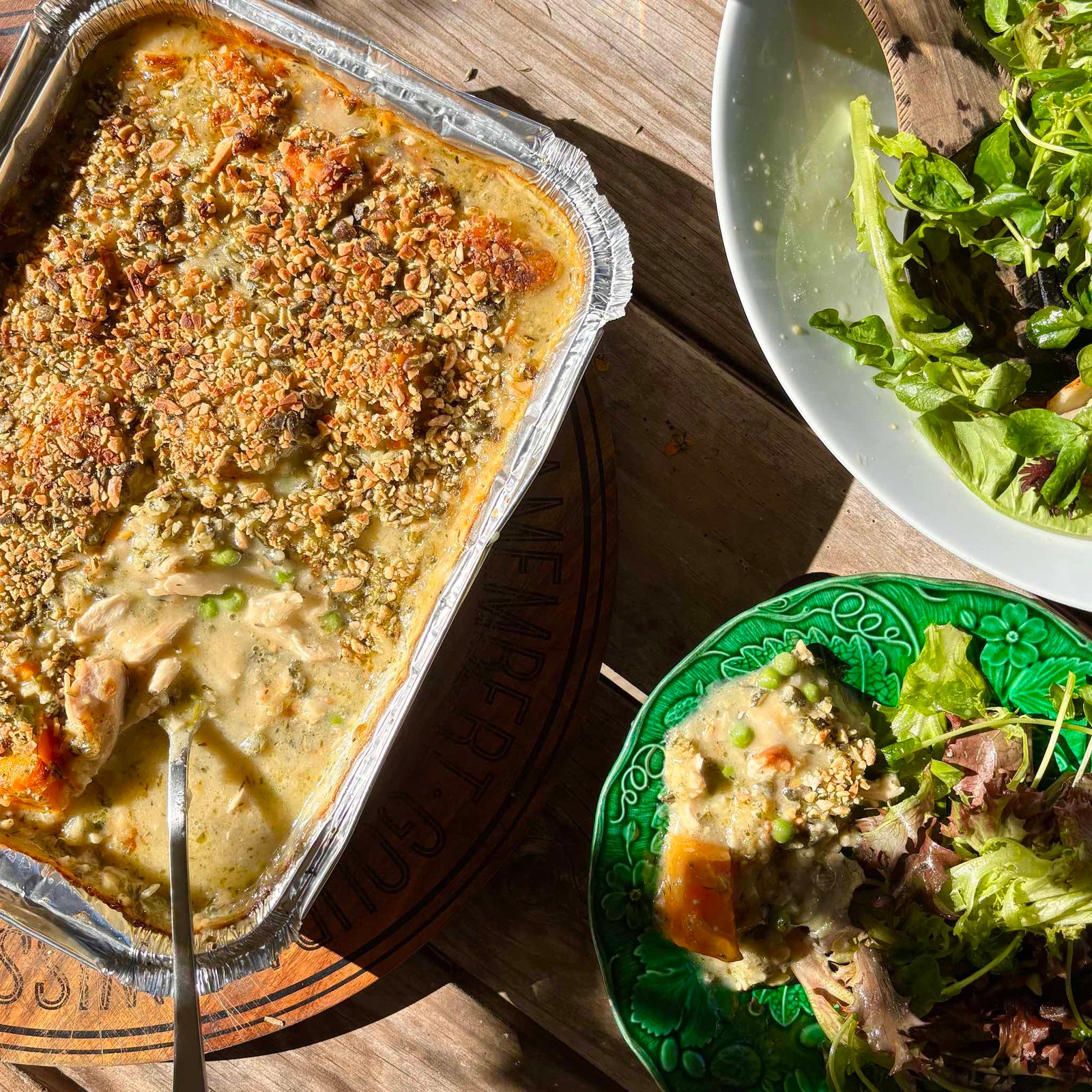
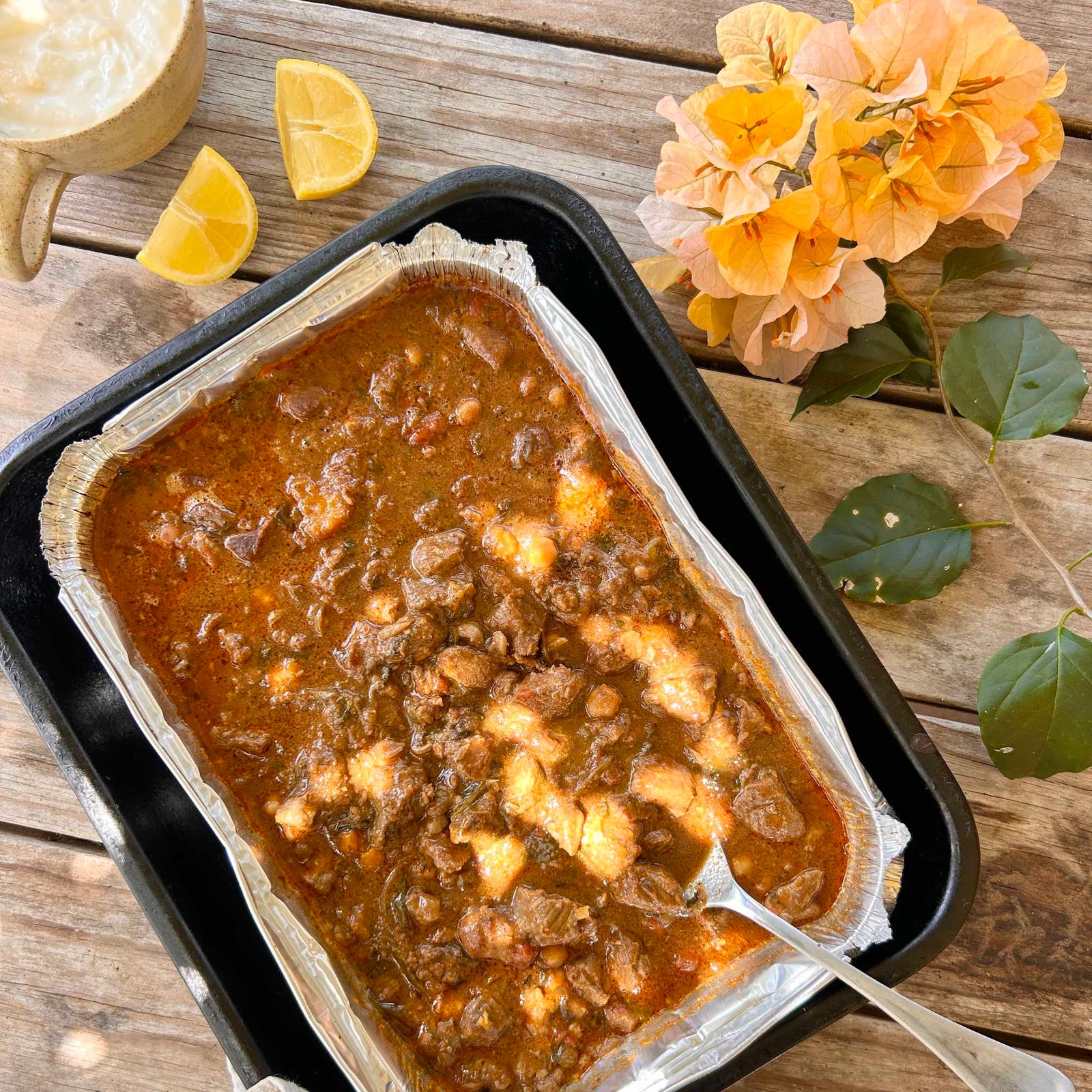

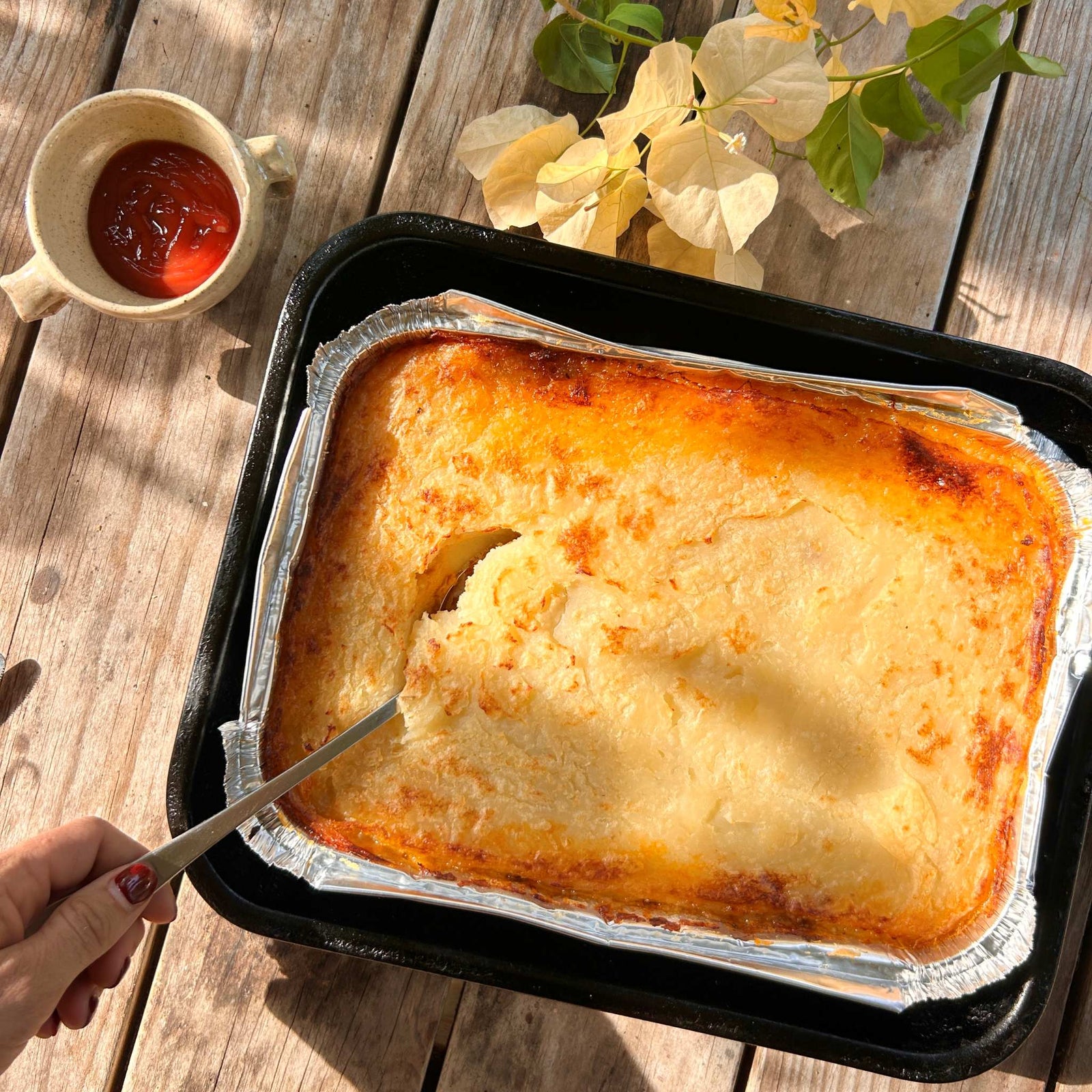

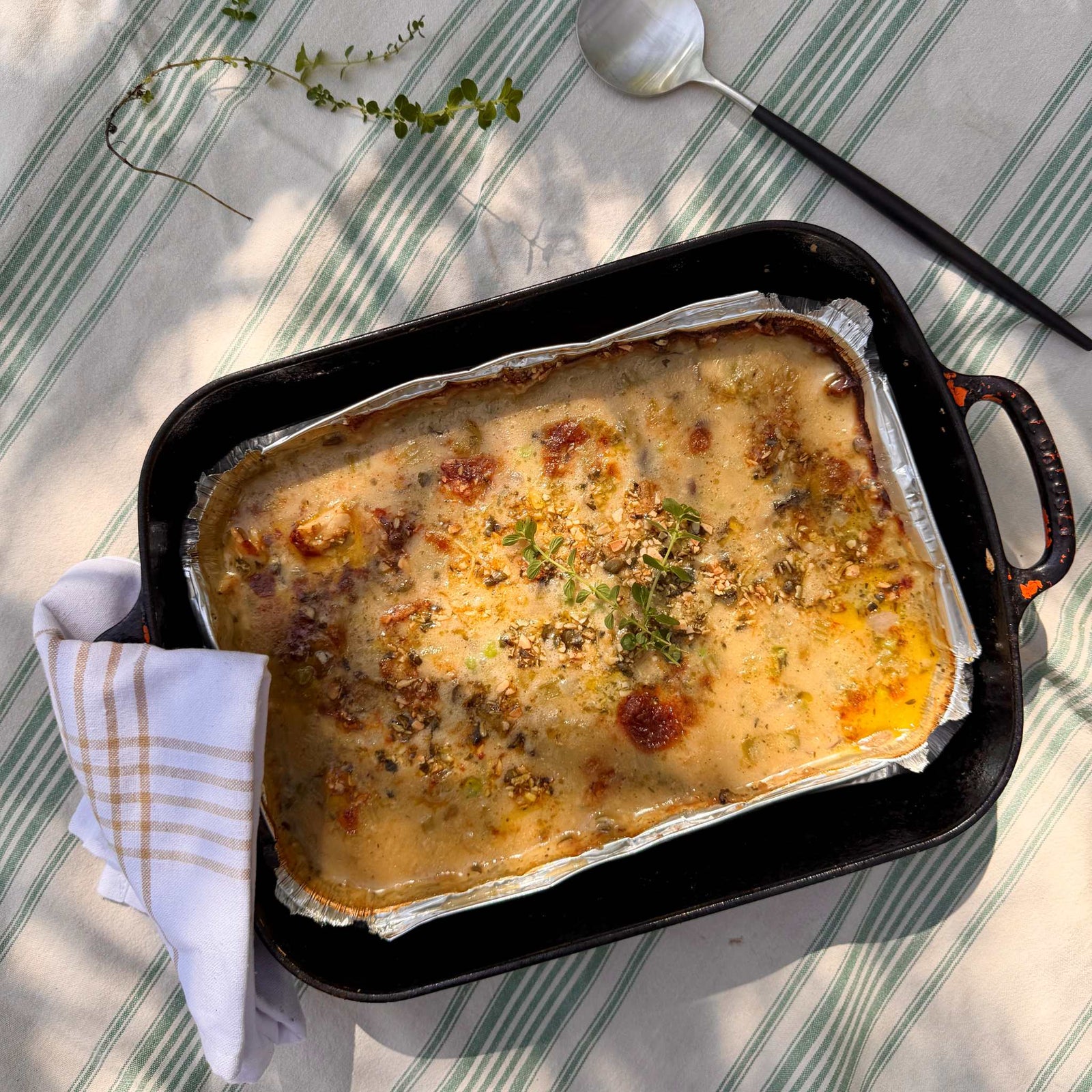

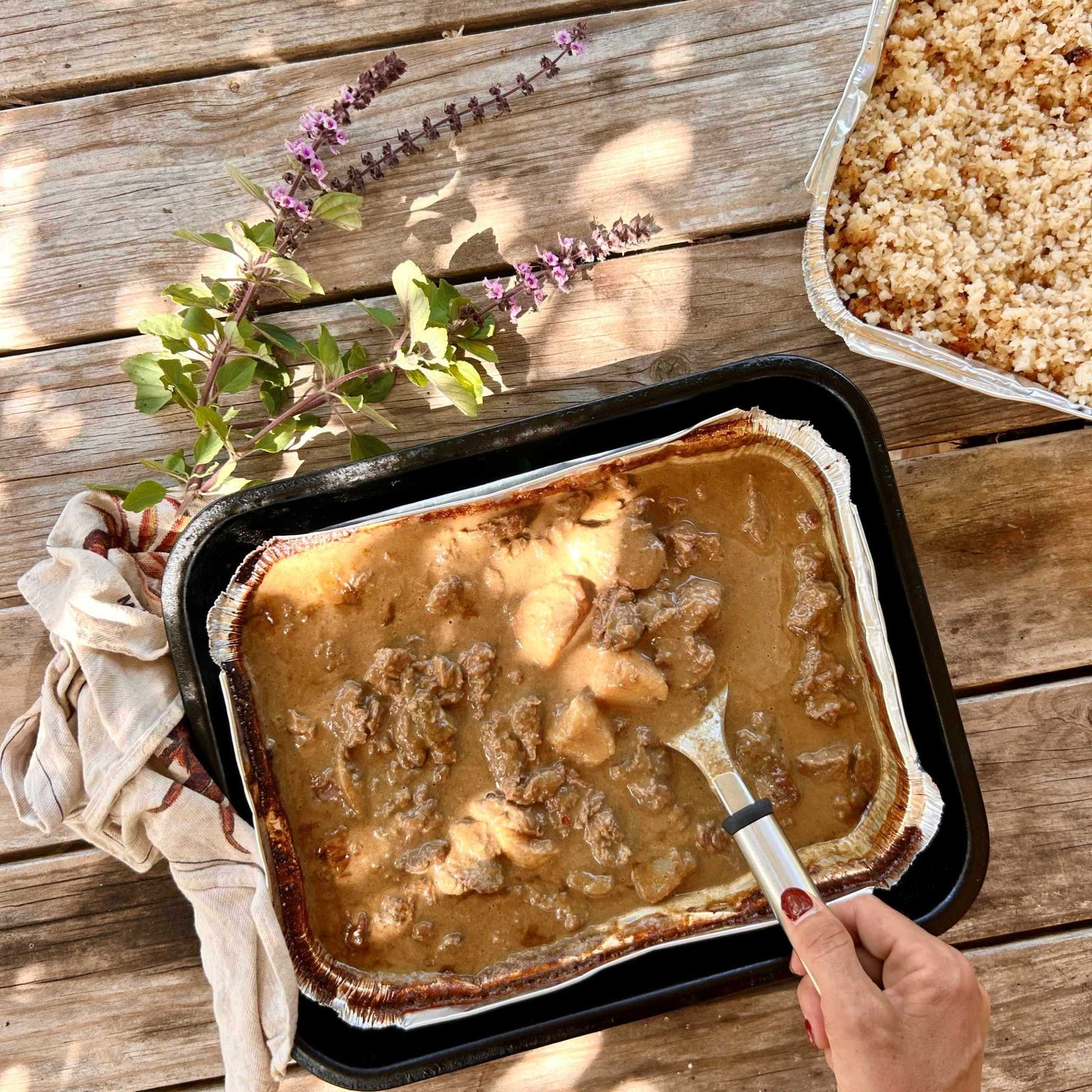

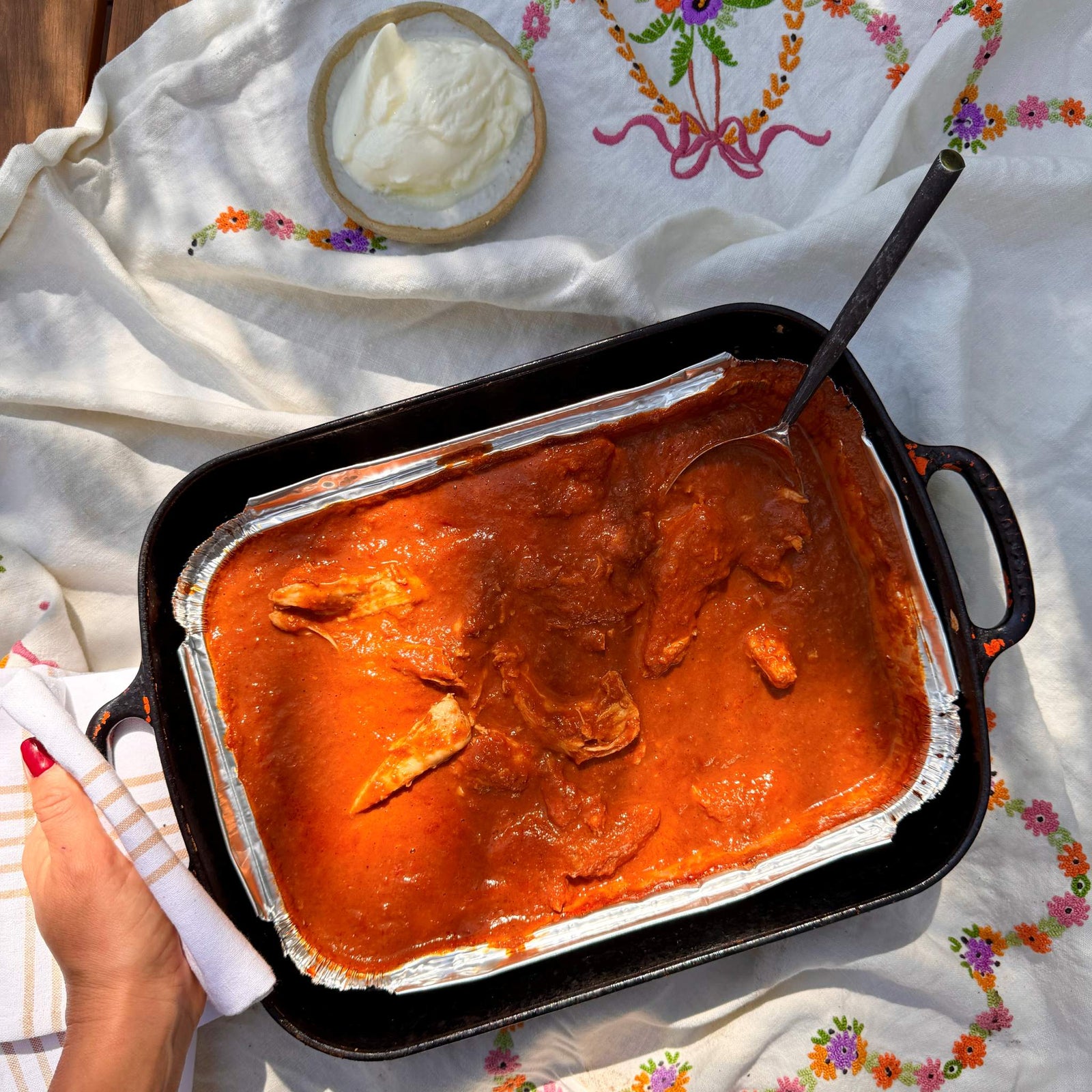

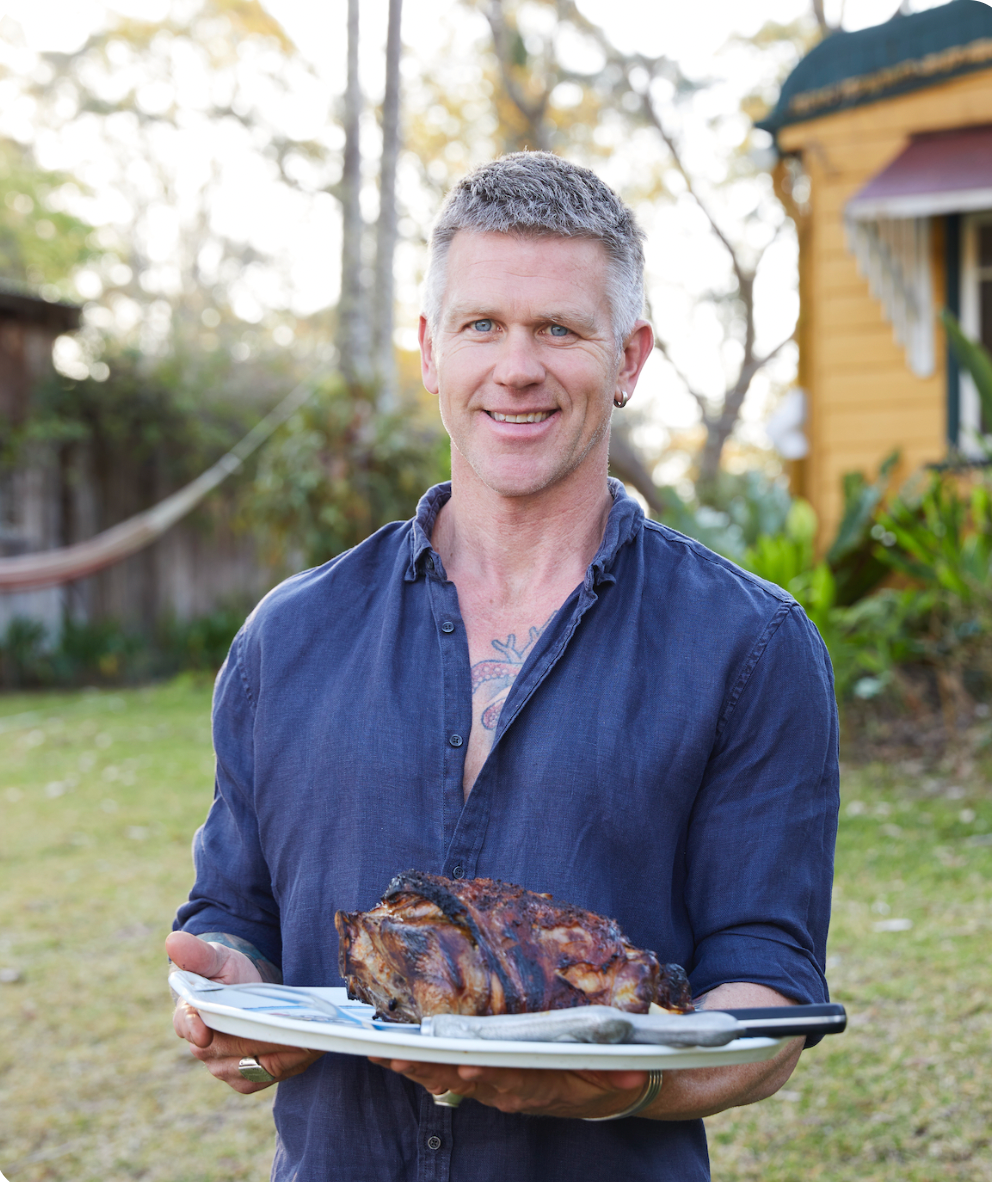
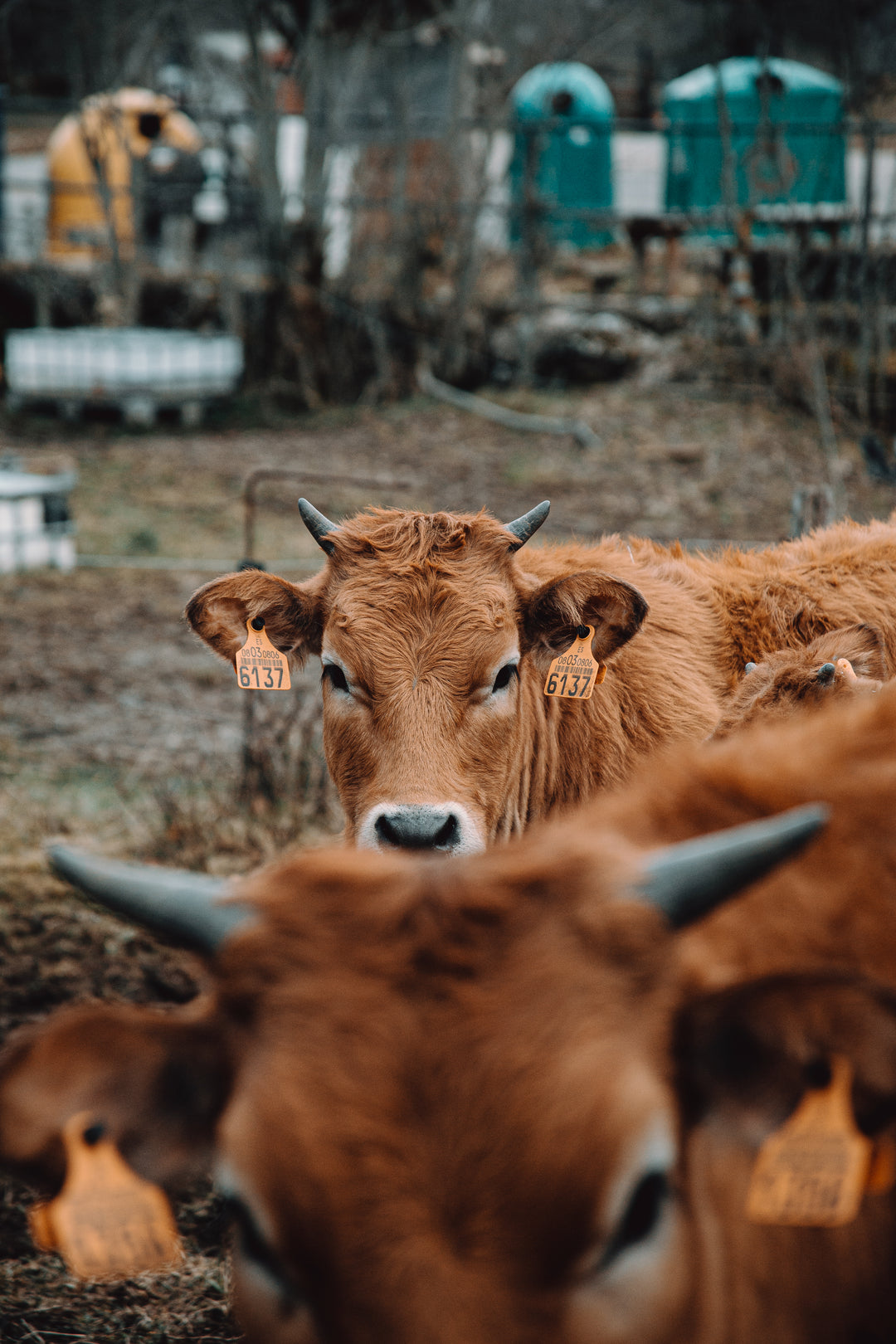


Leave a comment